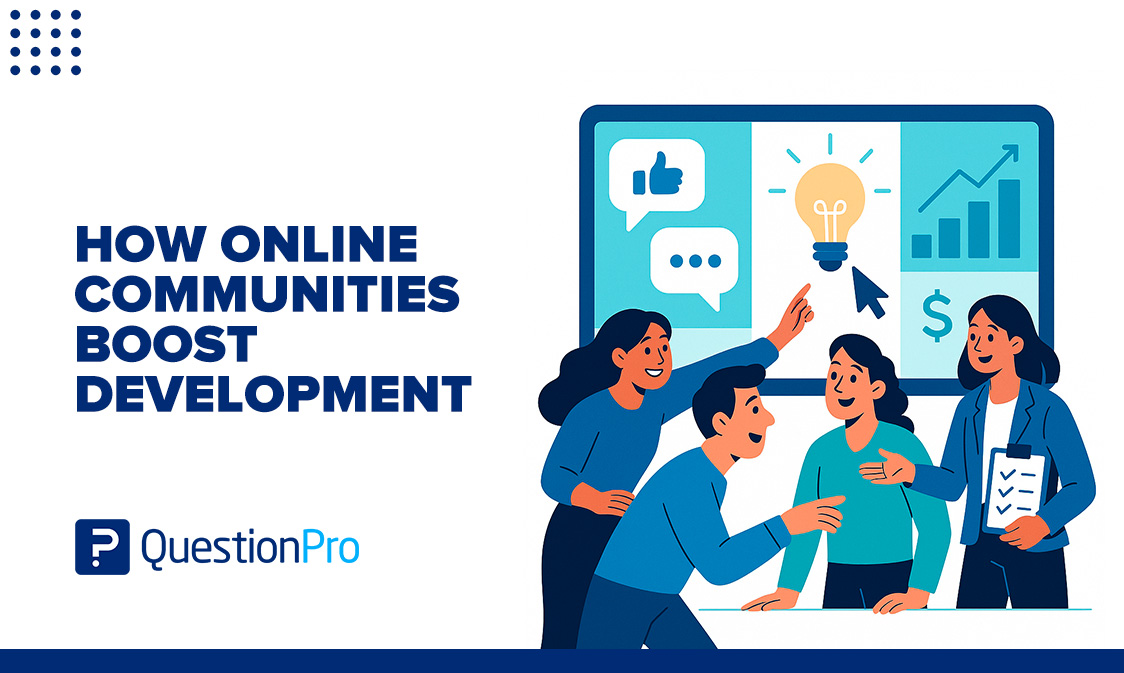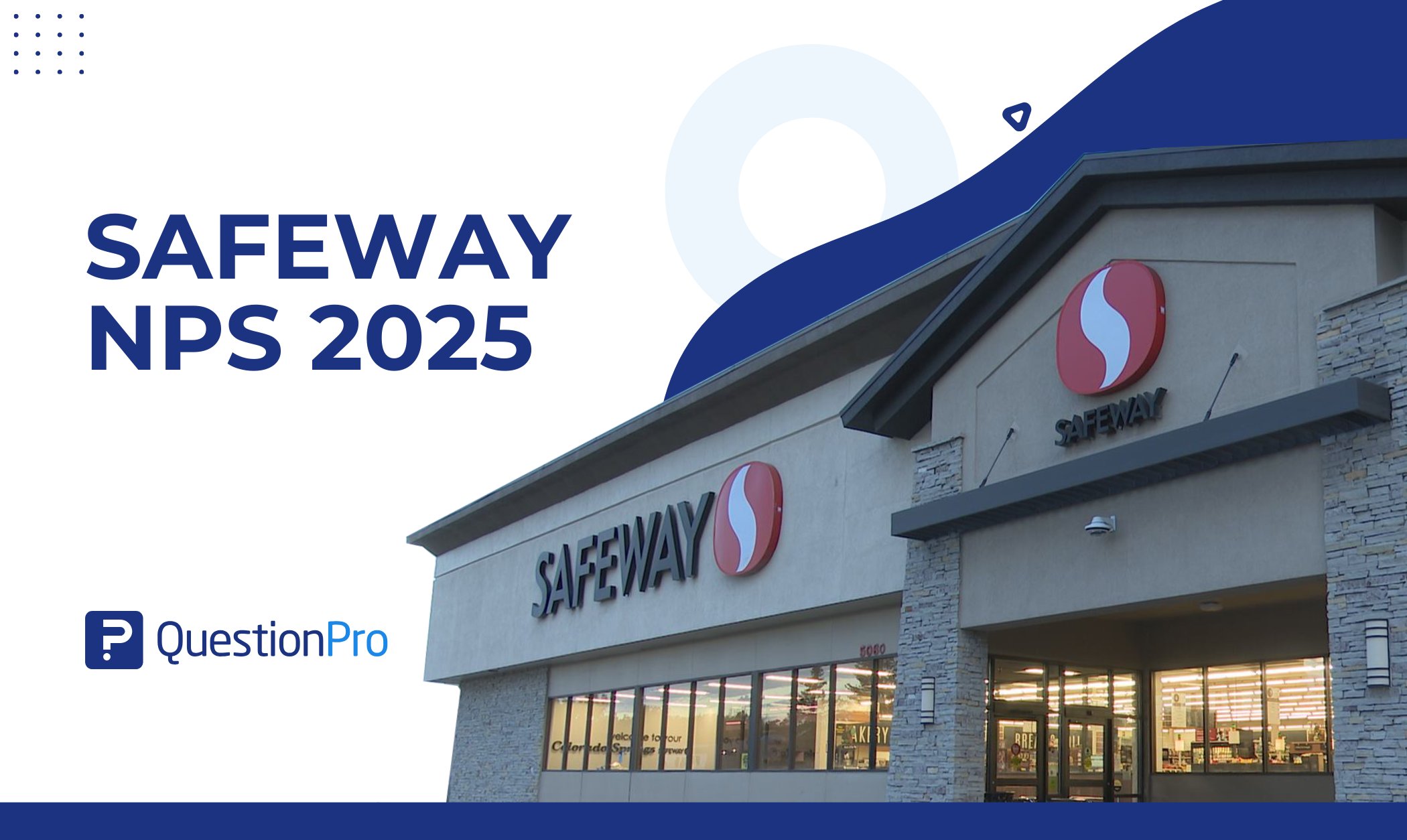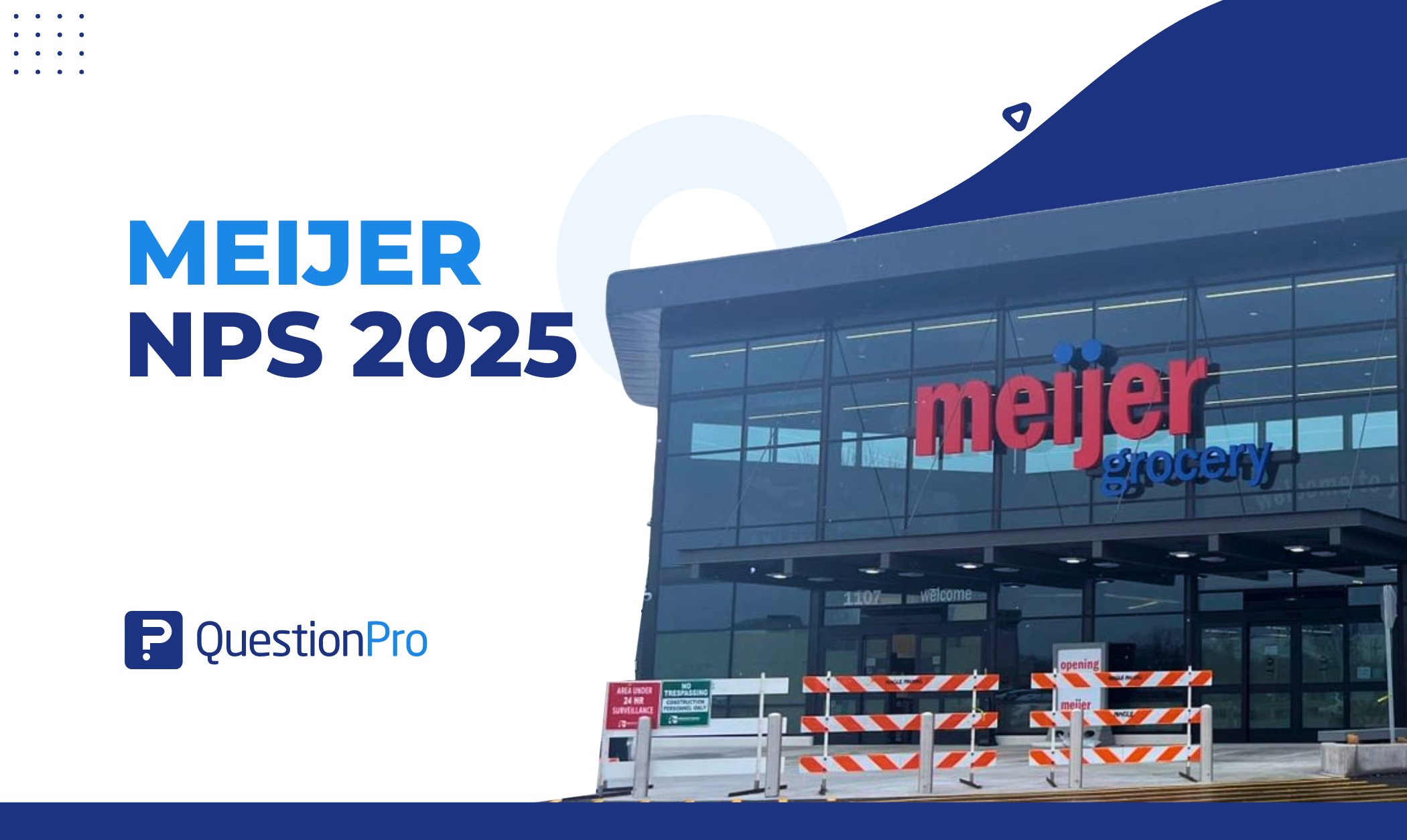
The word “viability” is a mass noun that means the ability or capacity of something to work well. It could be a proposal, an idea, a project, or even a plan to change how a company does business.
The Viability study is mostly needed during development and is a required document for getting money. It is a key tool for determining the energy price generated and whether it can be used for captive generation.
A viability study tries to find out if something can work or not. The amount of time a company spends on the study also depends on the new operations.
In this blog, find out more about the viability study, its importance, and ways to conduct it.
What is a Viability Study?
A viability study is a detailed look at how profitable a business idea might be. The investigation also determines whether the idea could be turned into a business.
A business often conducts a viability study to determine how profitable a new business idea could be. The study may look at a new idea or business from several different points of view. Before it is put into action, all of these points are looked at.
This type of study doesn’t consider whether something can be done. Instead, it looks at whether or not it is worth doing.
A viability study usually looks at the market, the technical side, the business model, and the management. Depending on the proposal and its likelihood of failure, the analysis may examine different factors.
LEARN ABOUT: Market Evaluation
In a viability study, technical aspects can include technology, value, supply chain, integration with current operations, and other things. Operational managers are often needed for this part of the study because they can explain the most technical parts of changing how things are done now.
Importance of viability study
Because it helps to uncover potential problems or dangers associated with a project before major resources are committed to it, a viability study is an important tool for companies. A viability study is crucial for the following reasons in particular:
- Increases your success probability
A viability study will assist you in determining whether a project, plan, or concept is worth pursuing. It restricts you from engaging in a business or undertaking that could result in significant losses. The research recommends spending time examining and questioning a plan.
Therefore, it will indicate whether you should abandon or continue your desired plan.
- Focused and specific
The studies that look at viability are focused and clear. It focuses mostly on making money and puts little thought into how well a plan will work. With this study, you ask questions to determine if an investment will make money.
It’s a way to examine something by focusing on how much money will be made or saved.
- Helps you draw up a plan
You will know what steps to take to meet your needs if you have a plan. A viability study will help you define your goals and ideas that will lead to profits. A well-thought-out plan will also help you estimate a project’s or proposal’s financial benefits.
- Helps to see the bigger picture.
Remember that the big picture in the viability study is the money that will be made.
For example, using solar energy at home will decrease your electricity bill. Also, solar power is better in the long run.
Because it can be used for a long time, it saves money.
- Offers Chances and Solutions
It gives you a chance to stop working on projects that don’t make money before you spend a lot of time and money on them. As you research a project, you might develop new and better ideas.
Also, you might only sometimes have to give up on a project because you might think of ways to improve it.
Ways to conduct viability study
By conducting a thorough viability study, companies can make more informed judgments regarding whether or not to engage in a project, thereby preventing the waste of resources and financial losses.
Using a viability study, you can determine if a proposed business or project is possible and how likely it is to succeed. Some of these steps could be:
- Define the project’s or venture’s scope:
This involves describing the project’s goals, objectives, and deliverables and any restrictions or limitations.
- Perform a market analysis:
This entails investigating and evaluating the project or business’s target market, including identifying possible clients, rival businesses, and market trends.
- Put together a financial plan:
This includes making a budget for the project or venture, estimating income and costs, and figuring out how much money you expect to make back.
- Assess risks and uncertainties:
This entails locating and assessing any potential risks or uncertainties that may impact the project or enterprise, such as governmental changes or market conditions.
- Prepare a report:
After the methods above, the data should be compiled into a report that explains the viability study results and offers options for continuing the project or venturing ahead.
- Review and feedback:
Distribute the report to the relevant parties and stakeholders, get their input, and make any necessary adjustments.
Conclusion
A viability study evaluates a proposed project or commercial venture to see if it has the potential to succeed financially and technically.
It often involves a market research, a competitor analysis, an operational and financial requirements evaluation, and a management team evaluation. Additionally, the investigation will highlight any dangers and potential difficulties and offer suggestions for dealing with them.
A viability study’s overall objective is to decide whether or not the project or business should move forward and, if so, how it should be set up to have the best chance of success.
QuestionPro Research Suite is surveying, data analysis, and report creation software. The program uses market research, customer satisfaction, employee engagement, and other research projects.
The QuestionPro research suite can be helpful in a viability study by collecting information and opinions from a target market or audience. The analysis of the market and the competition can benefit from this information, which also offers insightful information about the requirements and preferences of future customers.







